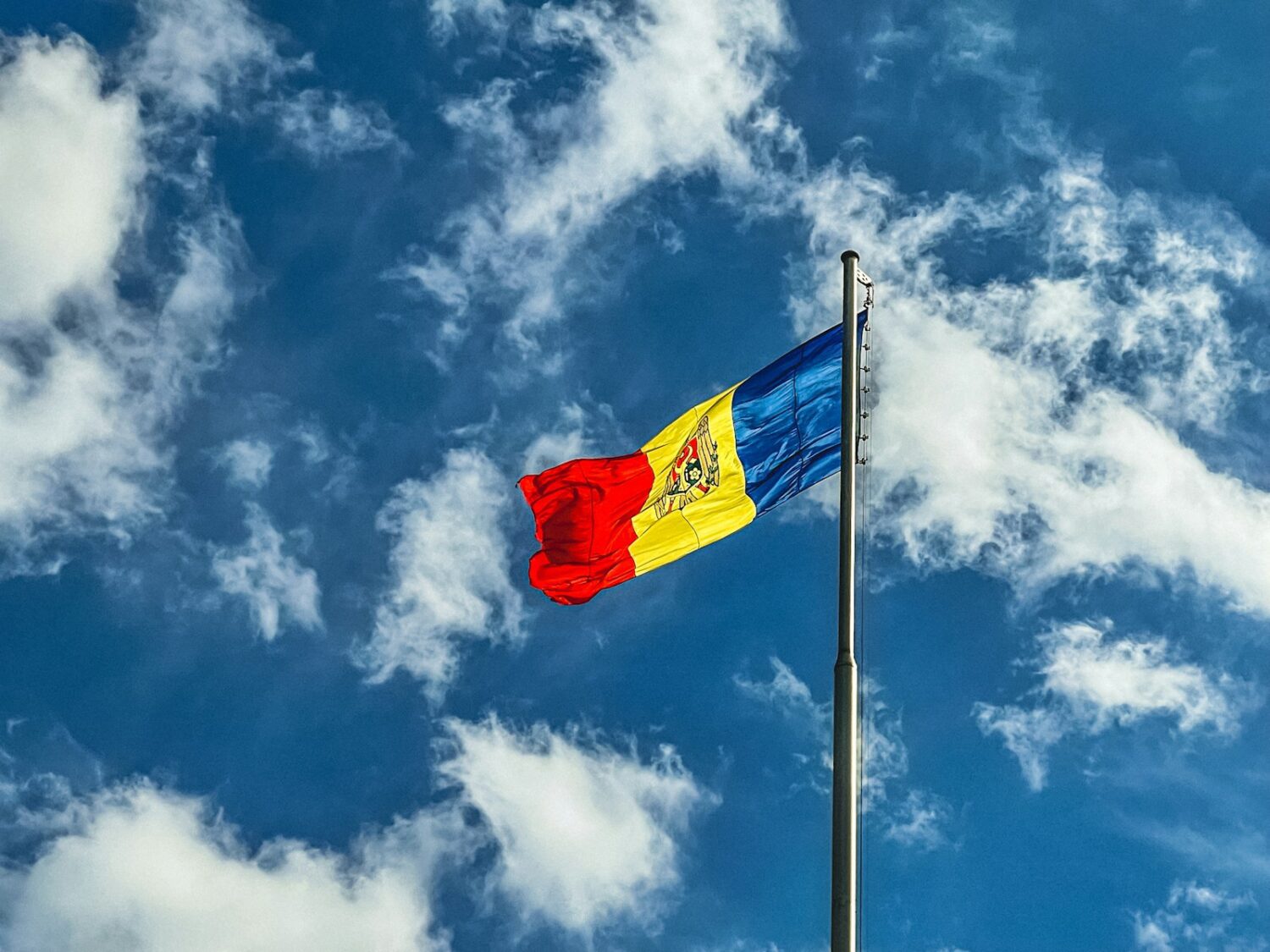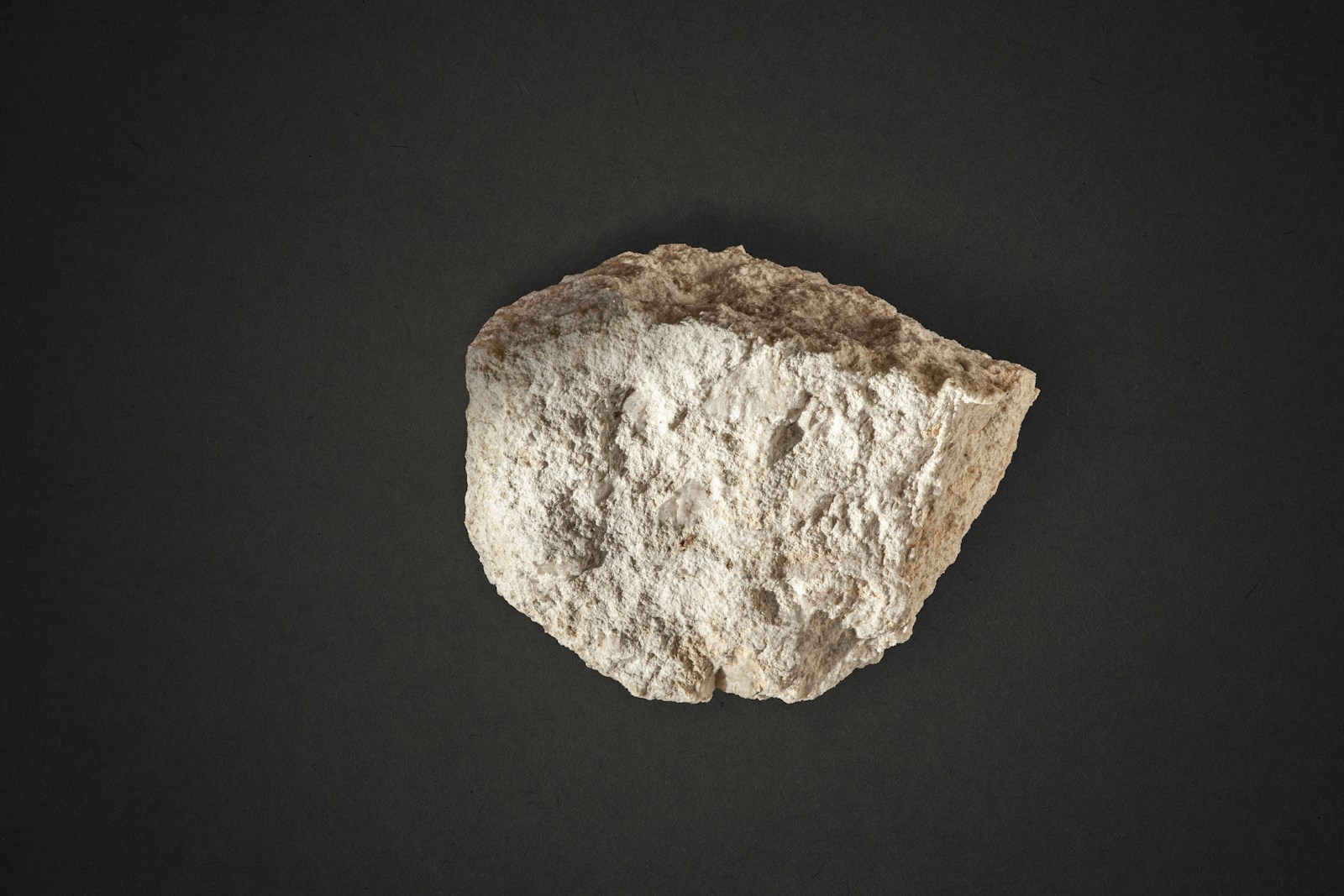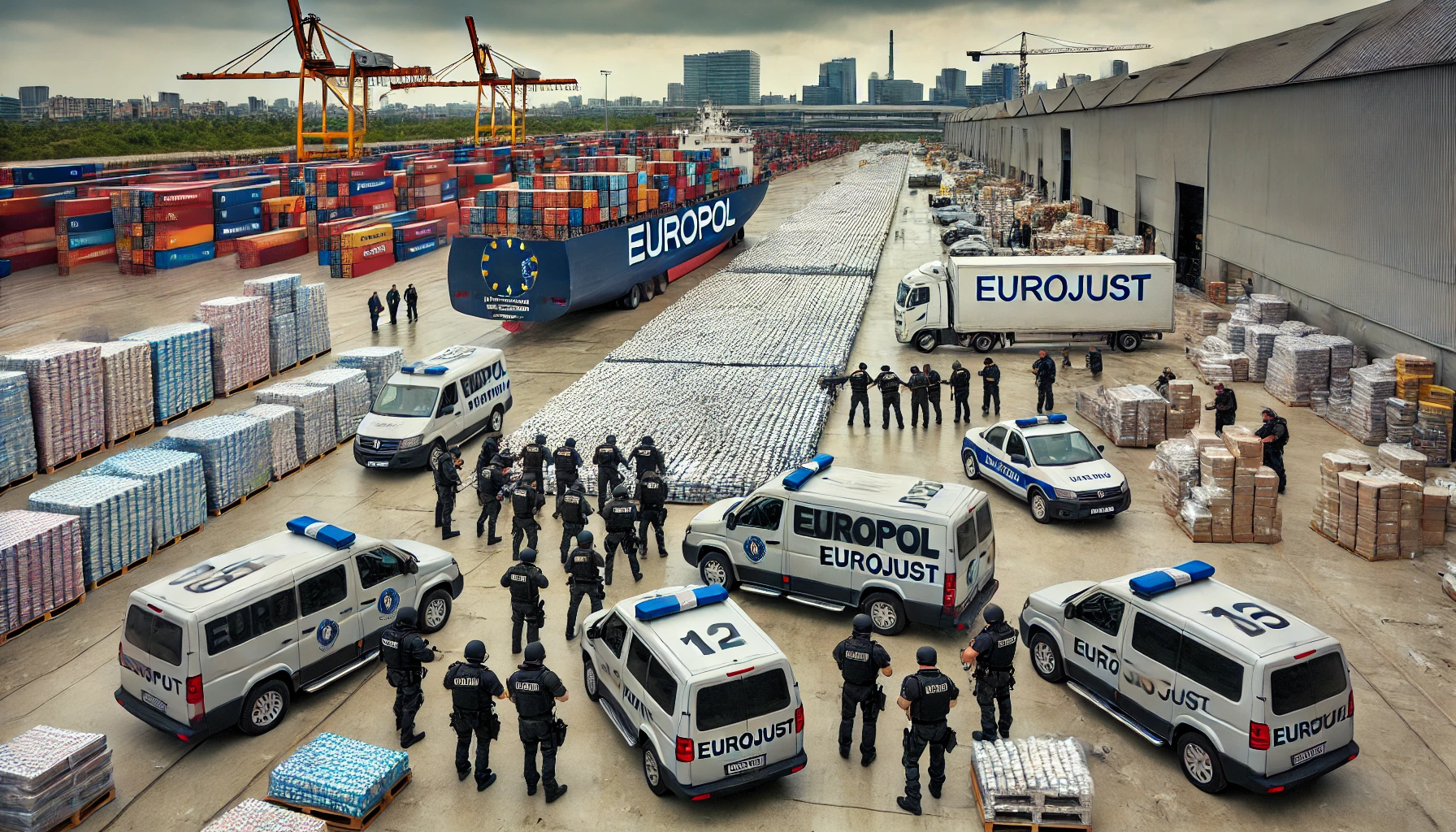Moldova is at a crucial crossroads as polling stations opened today for a pivotal referendum. Voters across the nation are tasked with two significant decisions: determining their next president and deciding whether Moldova should embrace European Union (EU) membership.
Current polls indicate that approximately 60% of Moldovans support joining the EU; however, a turnout of at least 33% is required for the referendum to be deemed valid. The potential of a new future is palpable in many regions, yet skepticism persists.
In the capital city of Chișinău, citizens expressed mixed sentiments about EU membership. “Nothing good,” remarked one man, echoing the frustrations of those who have long lived with deteriorating infrastructure and stagnant development. “In all these years they’ve been doing nothing. The roads are completely deteriorated. I don’t see any hope for the future,” he added.
Conversely, many voters believe that EU membership could enhance living standards and wages, issues that have pushed many young Moldovans to seek better opportunities abroad. “I think these elections go hand in hand because I will, of course, choose the European path,” stated an optimistic voter, emphasizing the importance of unifying the nation’s vision for its future.
Polling stations opened at 7 a.m. local time and will close at 9 p.m., with the potential for a presidential runoff on November 3 if incumbent President Maia Sandu does not secure an outright majority. Sandu, a dedicated proponent of EU accession, faces competition from Alexandr Stoianoglo, a former prosecutor general with pro-Russian affiliations polling at around 10%.
Moldova’s minimum wage, currently set at 5,000 leu (approximately €261) per month, ranks among the lowest in Europe. A recent analysis by the independent think tank Idis Viitorul revealed that over 200,000 Moldovans have left the country in the last four years, marking a record high. Alarmingly, more than 40% of Moldovans living overseas fall within the 30 to 44 age demographic, indicating a potential demographic shift by 2030, when those born abroad could outnumber those born in Moldova.
“For about 20 years, we have been talking about Moldova in the European Union, and we are very close now. It is crucial to not miss this opportunity,” remarked President Maia Sandu, who has actively advocated for EU membership. The nation was granted EU candidate status in 2022, signaling a pivotal moment in its European aspirations.
However, the shadow of foreign influence looms large over the referendum. Moldovan authorities have highlighted attempts by Russian-backed campaigns to demobilize voters. Allegations revealed that approximately €14 million in Russian funds were funneled directly to about 130,000 Moldovans in efforts to sway votes against EU integration. Pro-Russian oligarch Ilan Shor, notorious for orchestrating Kremlin-backed operations within Moldova, has even been reported to offer financial incentives for anti-EU votes.
In response, Moldova’s Prime Minister Dorin Recean urged citizens to stay vigilant against external destabilization efforts. “It is up to you, dear citizens, to stop the attack on democracy,” he declared. “On Sunday, you make the choice: do we go back to the past, or do we march towards a future within the family of civilized countries?”
As the nation votes today, the Central Election Commission announced that ballots can be cast at 2,221 polling stations, including 1,957 across Moldova and 234 stations set up in various countries for Moldovans living abroad.
source link eu news











